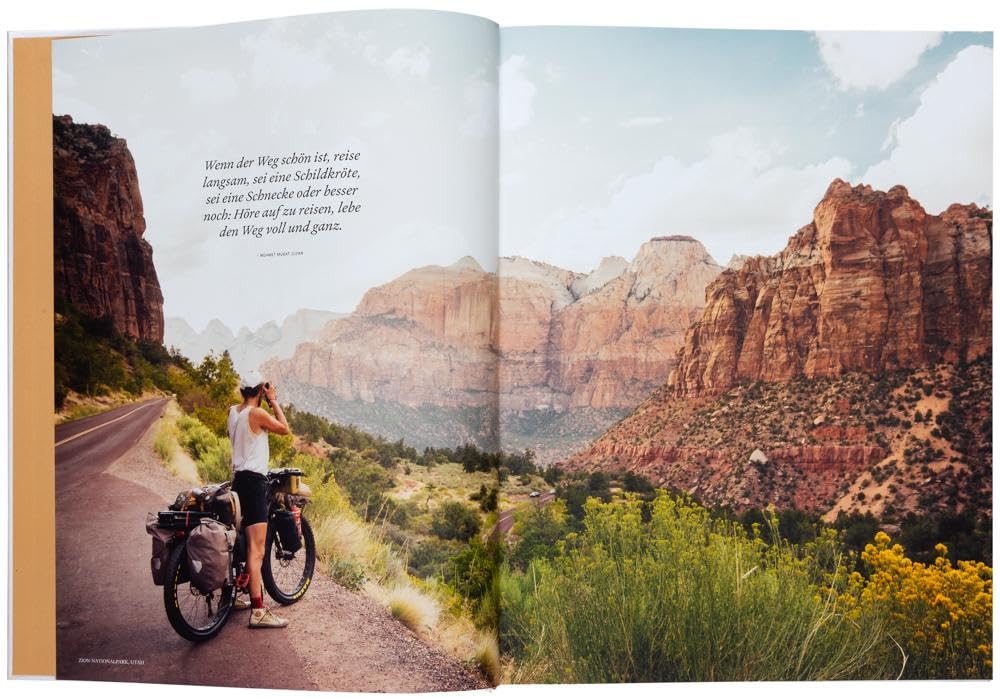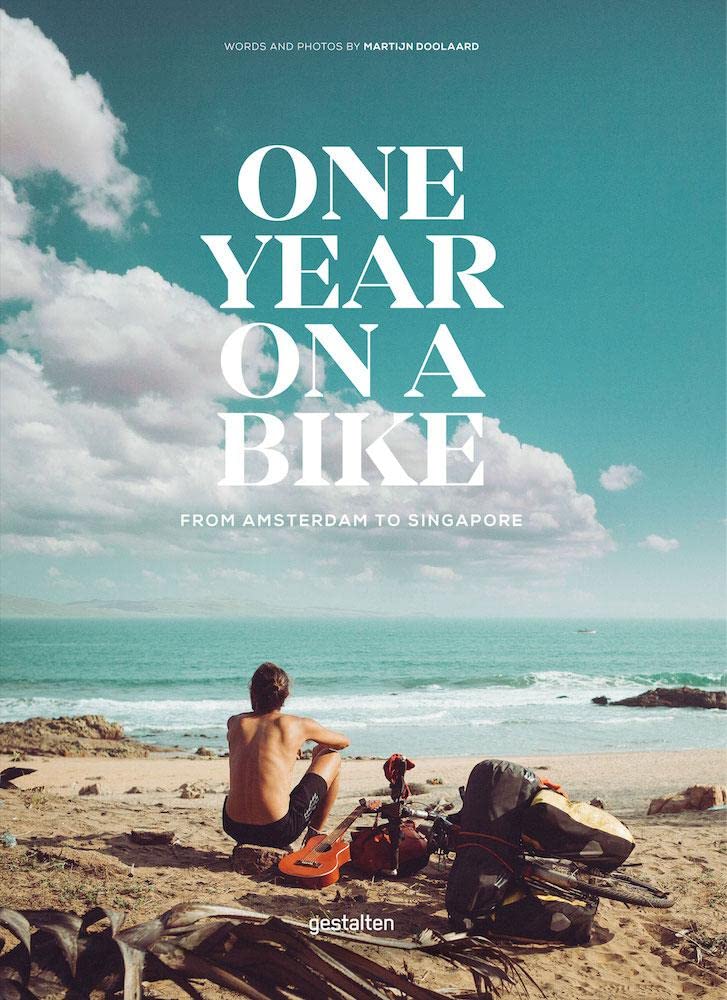Living Off Grid But Online- The Paradox of Emotional Disconnect in a Digitally Connected Society
Living off-grid but being connected online is a choice that more than a billion people made already while seeking more freedom of choice. We look into the paradox of emotional disconnect in a digitally connected society.

Social media and instant messaging make it easier than ever to stay connected and over one billion people are living of grid. At first, it looks like a striking paradox: despite being constantly plugged into a digital world, many of us feel more emotionally disconnected than ever before. While technology has bridged physical distances, it often deepens emotional divides.
The virtual connections we rely on can lack the depth and intimacy of real-world relationships, leaving us feeling isolated in a sea of online interactions. This paradox of emotional disconnect in a digitally connected society raises critical questions about the quality of our relationships and the true cost of constant connectivity.
The “off-grid but online” trend highlights an interesting paradox: we seek to re-establish boundaries from society but still crave a form of digital connection. What has changed from ancient times is not the need for communication or belonging, but rather the complexity of how we navigate these needs. In many ways, the digital space acts as a supplement for the physical world, offering opportunities for community and shared experience even in remote or isolated environments. However, the rise of this lifestyle raises important questions about the sustainability of such connections.
In an interview with Luca, a 28-year-old artist living off-grid in the Italian Alps , he shared how technology allows him to stay connected without feeling overwhelmed by modern life. “I’m surrounded by nature, with no immediate neighbors. But through online forums and video calls, I’m able to connect with fellow artists from all over the world. We share our work, give feedback and even collaborate on projects. It’s like my digital cave, where I can still belong to a community without sacrificing my inner peace.”

Martijn is in the second year living off grid in the Italian Alps.
“I was halfway the roof renovation of the first cabin and got it weather tight just before heavy snowfall. During the darkest days of winter I carved out wooden rain gutters. Then moved on downstairs with the big work: digging out the floor, building foundation walls, digging trenches for drainage, sewage and plumbing. In summer I poured a floor, completely rebuild the small side room, replaced a lintel, fixed the holes and cracks and pointed the inside walls.”
One man, two stone cabins, the courage, the solitude, the inner peace and the freedom.
Martijn Doolaard traded the convenience of living in a city for the freedom of re-imagining his own destiny. He finished two long distance bicycle journeys from Amsterdam to Singapore and Vancouver to Patagonia. Martijn is a photographer, filmmaker and travel writer who left the Netherlands and now lives in the mountains. Currently he is renovating and in a remote stone cabin in the Italian Alps.
This balance, while ideal for some, is not without its challenges. Many people who live off-grid but stay digitally connected report experiencing tension between their desire for simplicity and the constant pull of the online world. A 2022 study from Frontiers in Psychology found that while people living off-grid reported higher overall life satisfaction and mental well-being, those who remained highly active on social media platforms still experienced bouts of digital fatigue and anxiety, highlighting the difficult balance between these two opposing forces.
As more people seek to reconcile the simplicity of off-grid living with the vast connectivity of the digital world, we are witnessing a new evolution in how humans connect. Just as early cave dwellers found ways to communicate and leave their mark, modern-day digital cave dwellers are exploring new frontiers of expression and belonging. The difference now is the scope, speed, and potential for both harm and healing that the digital world brings.
While we may no longer live in literal caves, the desire to communicate our experiences, foster community, and build meaningful relationships has remained constant. What has changed is how we do it and the complex interplay between technology and human psychology.
As we move forward into a more digitally interconnected but physically dispersed world, it’s essential that we remain mindful of how we use these tools. The rise of off-grid but online lifestyles points to an increasing awareness of the need to disconnect, even as we remain digitally engaged. The challenge will be striking a balance between our need for deep, meaningful connections and the digital world’s ever-present distractions.
The digital cave offers us endless possibilities for connection, but like our ancient ancestors living in caves, the depth of those connections depends on the intention and care with which we leave our marks on its walls. Whether through a cave drawing or a social media walls, the human desire to connect remains a driving force — and in this digital age, the key will be to harness it in a way that brings us inner peace, authenticity, and, above all, a reason for being.
This trend reflects a growing desire among many, especially younger generations, to disconnect from the over-commercialized, fast-paced urban life while still maintaining meaningful digital connections. A study conducted by The Harris Poll in 2022 found that 30% of Americans aged 25-34 expressed a desire to live off-grid within the next decade, driven by a yearning for simplicity, sustainability, and reduced dependence on consumerist systems. Among those considering an off-grid lifestyle, 68% said they would still want access to the internet for staying connected to online communities, education and remote work.
Do you want to share your story and inspire our readers ? Know that YOUR EXPERTISE is paving the way for a fairer, happier society.





